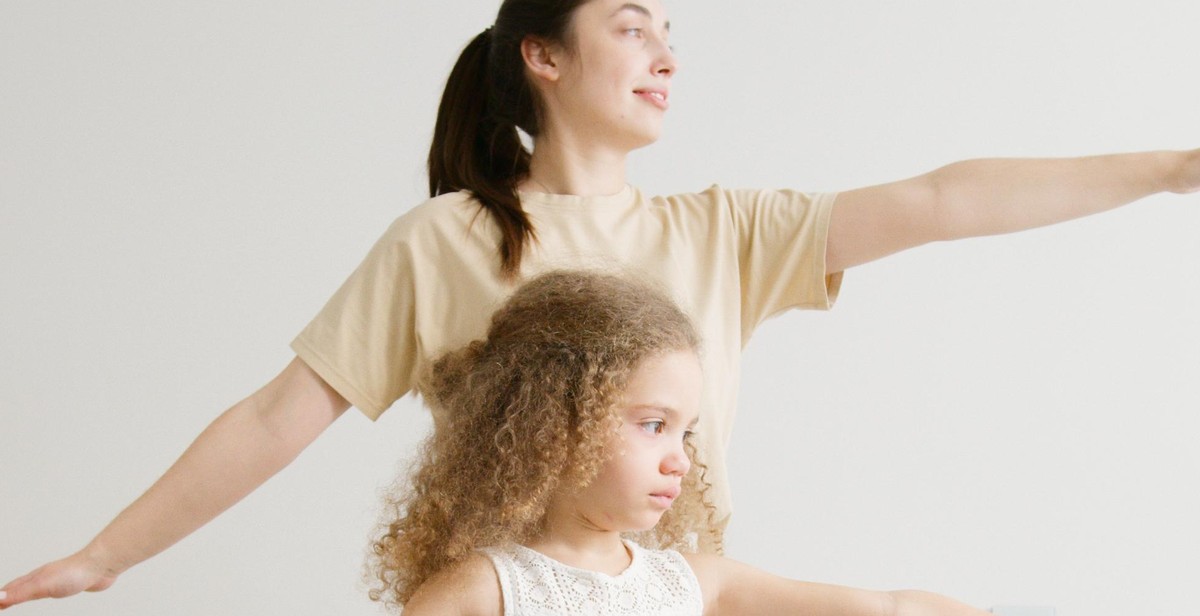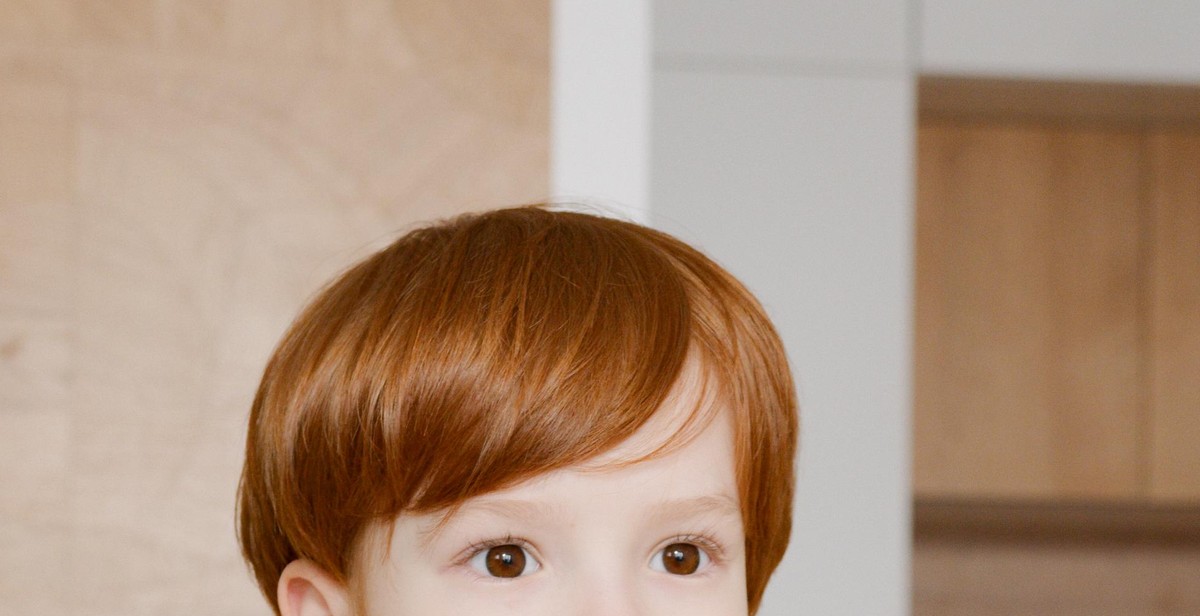The role of meditation in improving self-compassion in children
Meditation is a practice that has been around for thousands of years and has been shown to have a variety of benefits for both physical and mental health. In recent years, there has been a growing interest in using meditation as a tool to improve self-compassion in children. Self-compassion is the ability to show oneself kindness, understanding, and forgiveness in times of difficulty or failure. It is an important aspect of mental health and well-being, and can help children develop resilience and the ability to cope with stress.
Research has shown that meditation can be an effective way to improve self-compassion in children. By teaching children to focus on their breath and be present in the moment, meditation can help them develop a greater sense of self-awareness and self-acceptance. This can lead to increased feelings of self-compassion and a greater ability to cope with difficult emotions and situations.
There are many different types of meditation that can be used to improve self-compassion in children, including mindfulness meditation, loving-kindness meditation, and compassion meditation. These practices can be taught in a variety of settings, including schools, homes, and community centers.
| Benefits of meditation for children: |
| Improved focus and attention |
| Reduced stress and anxiety |
| Increased self-awareness and self-acceptance |
| Greater sense of empathy and compassion for others |

What is self-compassion?
Self-compassion is the act of treating oneself with kindness, care, and understanding during times of difficulty or suffering. It involves acknowledging one’s own emotions and experiences without judgment or self-criticism, and responding with empathy and self-acceptance.
Self-compassion is not the same as self-esteem, which is often based on external factors such as achievements or social status. Instead, self-compassion is an internal source of validation that can help individuals cope with challenging situations and build resilience.
Research has shown that self-compassion can have numerous benefits for mental health and well-being, including reducing anxiety and depression, improving self-confidence, and increasing overall life satisfaction.
Self-compassion can be cultivated through various techniques, including mindfulness meditation, which involves focusing on the present moment without judgment. By practicing mindfulness, individuals can become more aware of their thoughts and emotions, and learn to respond to themselves with kindness and compassion.
Incorporating self-compassion practices into daily life can be especially beneficial for children, as it can help them develop a positive sense of self and improve their emotional regulation skills.

The Importance of Self-Compassion in Children
Self-compassion is a crucial component in the development of emotional resilience, self-esteem, and the reduction of anxiety and stress in children. Self-compassion involves showing oneself the same kindness, concern, and support that one would offer to a good friend.
Developing Emotional Resilience
Children who practice self-compassion are better equipped to handle difficult situations and setbacks. They are more likely to bounce back from failure and maintain a positive outlook on life. By acknowledging their own struggles and treating themselves with kindness, children learn to cope with negative emotions in a healthy way.
Boosting Self-Esteem
Self-compassion helps children develop a positive self-image. By treating themselves with kindness and understanding, children learn to accept themselves for who they are, flaws and all. This, in turn, boosts their self-esteem and confidence.
Reducing Anxiety and Stress
Practicing self-compassion can also help children manage anxiety and stress. By acknowledging their own feelings and needs, children are better able to regulate their emotions and cope with stressors in a healthy way. This can lead to a reduction in anxiety and an overall sense of calm.
Overall, self-compassion is an important skill for children to develop. By fostering self-compassion in children, we can help them build emotional resilience, boost self-esteem, and reduce anxiety and stress.

What is Meditation?
Meditation is a practice that involves training the mind to achieve a state of calmness and relaxation. It is an ancient technique that has been used for centuries to promote mental, physical, and emotional well-being. Meditation involves focusing one’s attention on a specific object, thought, or activity to achieve a sense of inner peace and tranquility.
The Benefits of Meditation
Meditation has numerous benefits for people of all ages, including:
- Reducing stress and anxiety
- Improving focus and concentration
- Enhancing self-awareness
- Promoting emotional well-being
- Strengthening the immune system
Types of Meditation
There are several types of meditation, including:
- Mindfulness Meditation: This involves focusing on the present moment and observing one’s thoughts and feelings without judgment.
- Transcendental Meditation: This technique involves the use of a mantra or sound to achieve a state of deep relaxation.
- Loving-Kindness Meditation: This practice involves cultivating feelings of love, kindness, and compassion towards oneself and others.
Meditation is a valuable tool for improving self-compassion in children. By teaching children to focus their attention and cultivate a sense of inner peace, meditation can help them develop a more positive self-image and a greater sense of empathy towards others.

How meditation can improve self-compassion in children
Self-compassion is an essential aspect of emotional well-being that children can learn and develop through various mindfulness practices, including meditation. By practicing meditation, children can improve their self-compassion and foster a healthy sense of self-awareness, kindness, and empathy towards themselves and others.
Developing mindfulness
Meditation helps children develop mindfulness, which is the ability to focus their attention on the present moment without judgment. This skill allows them to recognize their thoughts and emotions without getting caught up in them, leading to a greater sense of self-awareness and emotional regulation.
Fostering self-awareness
Through meditation, children learn to tune in to their thoughts and feelings, becoming more aware of their inner experiences. This self-awareness helps them recognize their strengths and weaknesses, leading to greater self-acceptance and self-compassion.
Encouraging kindness and empathy
Meditation practices can help children cultivate kindness and empathy towards themselves and others. By developing a non-judgmental attitude towards their thoughts and feelings, they learn to treat themselves with kindness and compassion. This attitude also extends to others, helping them develop a greater sense of empathy and compassion towards others.
In conclusion, meditation is a powerful tool that can help children develop self-compassion by fostering mindfulness, self-awareness, kindness, and empathy. By incorporating meditation into their daily routine, children can develop a healthy relationship with themselves and others, leading to greater emotional well-being.

Types of Meditation Suitable for Children
Meditation is a powerful tool that can help children develop self-compassion and improve their mental health. There are different types of meditation that are suitable for children, including:
Breathing Meditation
Breathing meditation is a simple yet effective technique that teaches children to focus on their breath and be present in the moment. This type of meditation involves sitting comfortably and paying attention to the sensation of breathing in and out.
Loving-kindness Meditation
Loving-kindness meditation is a practice that cultivates feelings of love, kindness, and compassion towards oneself and others. This meditation involves repeating positive affirmations and visualizing oneself and others surrounded by love and positivity.
Body Scan Meditation
Body scan meditation is a technique that helps children become aware of their physical sensations, such as tension, pain, or discomfort. This type of meditation involves lying down and focusing on different parts of the body, releasing tension and relaxing the muscles.
Overall, these types of meditation can help children improve their emotional regulation, reduce stress and anxiety, and cultivate a positive self-image. Parents and caregivers can introduce these practices to children, and encourage them to incorporate meditation into their daily routine.
Tips for introducing meditation to children
Introducing meditation to children can be a fun and engaging way to help them improve their self-compassion. Here are some tips to keep in mind:
1. Keep it simple
Children have short attention spans, so it’s important to keep meditation sessions short and simple. Start with just a few minutes and gradually increase the time as they become more comfortable with the practice.
2. Make it fun and engaging
Use playful and creative techniques to make meditation sessions more interesting for children. Incorporate elements such as visualization, storytelling, and music to keep them engaged and interested.
3. Be consistent
Consistency is key when it comes to introducing meditation to children. Schedule regular meditation sessions and make it a part of their daily routine. This will help them develop a habit of practicing mindfulness and self-compassion.
By keeping these tips in mind, you can introduce meditation to children in a way that is enjoyable and beneficial for their overall well-being.
Conclusion
Self-compassion is an essential trait that children should develop from an early age. It helps them to cope with failure, setbacks, and challenges, leading to better mental health and wellbeing. Meditation is a powerful tool that can improve self-compassion in children. Through meditation, children learn to be present in the moment, acknowledge their thoughts and feelings, and respond to them with kindness and understanding.
Research has shown that regular meditation practice can lead to increased self-compassion in children. It helps them to develop a positive self-image, reduce negative self-talk, and improve their emotional regulation. By teaching children to meditate, parents and educators can equip them with a valuable life skill that will serve them well throughout their lives.
However, it is important to note that meditation is not a panacea for all mental health problems. Children who are struggling with severe emotional or behavioral issues may require additional support from mental health professionals. Parents and educators should also be mindful of the fact that meditation is just one tool in a holistic approach to mental health and wellbeing.
In conclusion, meditation is a valuable tool that can help children to develop self-compassion, leading to better mental health and wellbeing. By incorporating meditation into their daily routine, parents and educators can help children to develop a positive self-image, reduce negative self-talk, and improve their emotional regulation. With continued research and education, meditation has the potential to become an increasingly important part of mental health care for children.
